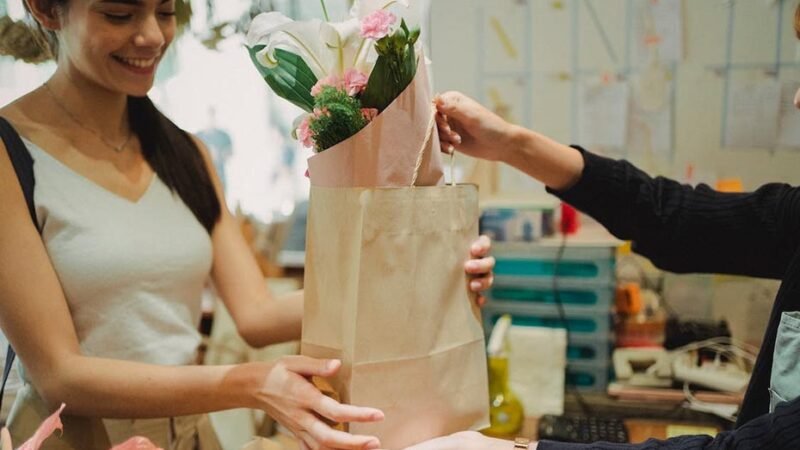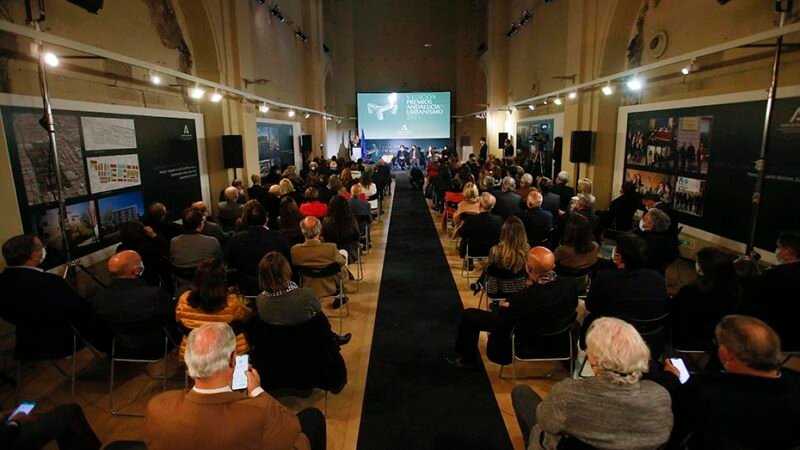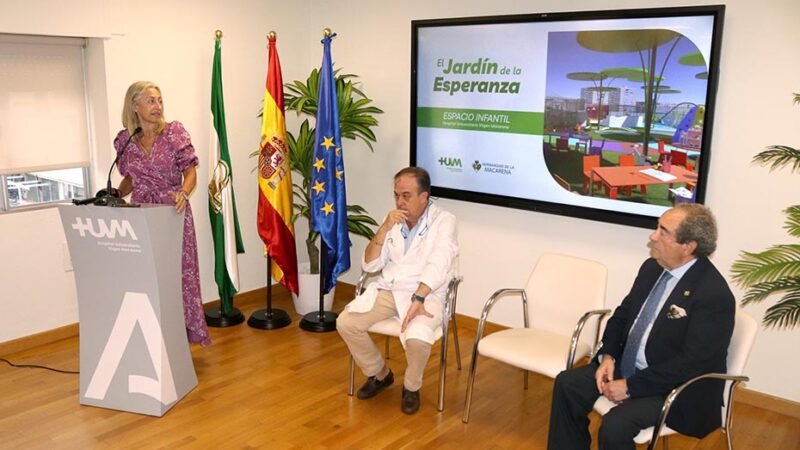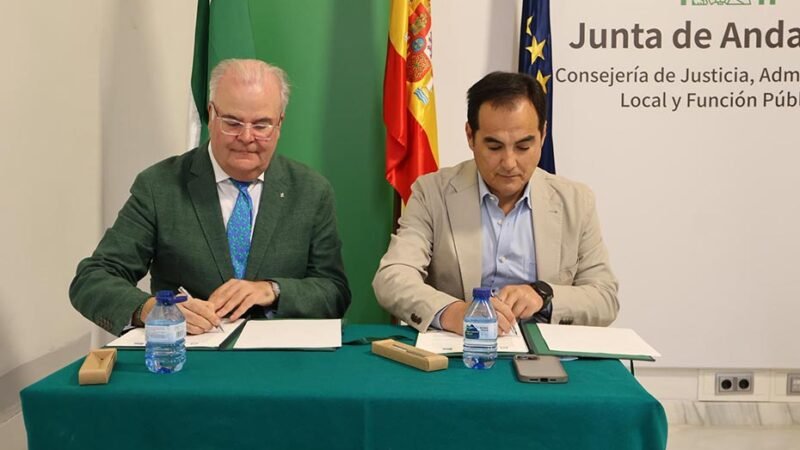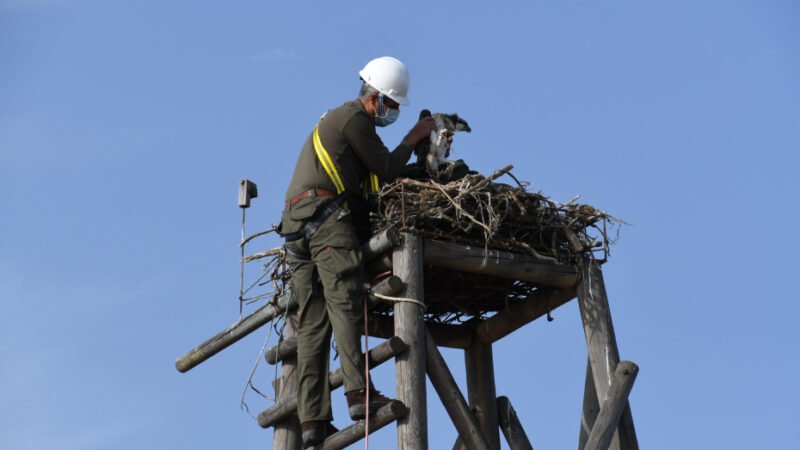Regresa la campaña ‘¿Es verdad que…?’ para desmontar mitos sobre alimentación y cáncer
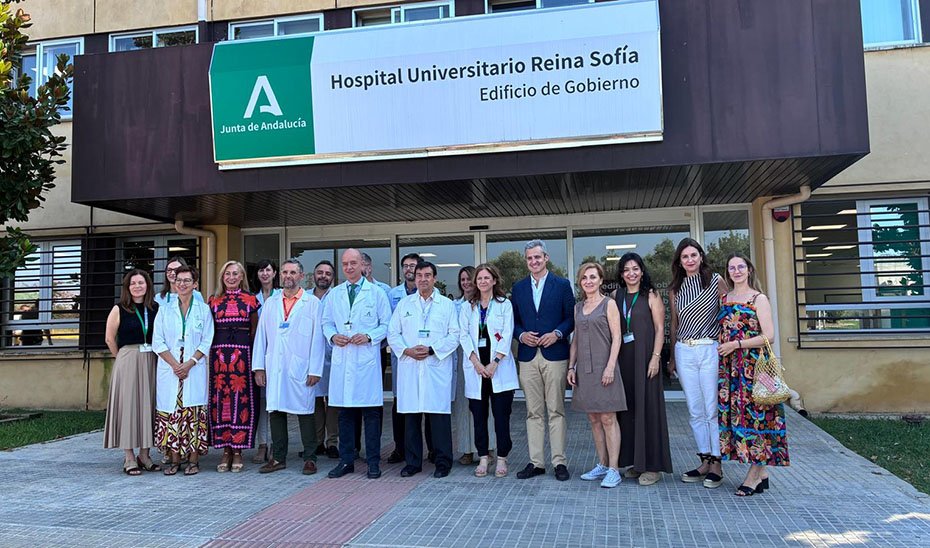
The University Hospital Reina Sofía in Córdoba and the Andalusian School of Public Health (EASP) launch a new season of ‘Is it true that…?‘ in collaboration with the professional associations of doctors and pharmacists, the Andalusian Society of Medical Oncology (SAOM), the Spanish Association Against Cancer, and the Chair ‘How can I help you – Humanizing cancer’. This health education initiative, aimed at promoting accurate information and combating health myths, is offered in podcast format and aims to stop misinformation through rigorous and accessible content. Specifically, this edition focuses on the relationship between diet and cancer.
For the first time, the campaign also includes the videopodcast format, made possible by the collaboration of the Chair ‘How can I help you – Humanizing cancer’, which has driven this proposal from its communication team and actively participates in the production of the content.
The expert voices of medical oncology professionals from the Reina Sofía Hospital address the main doubts that reach the center’s consultations and the care services of the AECC regarding the consumption of certain foods, vitamin supplements, and supposedly preventive diets, among other topics. The thematic development of this edition has been coordinated by Dr. Enrique Aranda, head of the Medical Oncology Service at the Reina Sofía Hospital and director of the Chair, who, together with the AECC, has defined the key topics to be addressed and has selected and coordinated the team of specialists participating in the different episodes.
Under the slogan ‘Feed the truth, break the myth’, the campaign aims to combat widely spread misconceptions about the relationship between diet and oncological risk, as stated by the hospital’s manager, Francisco Triviño, during the presentation.
Representatives of all the entities involved have been present at the event, including Dr. Enrique Aranda himself, professor, head of Medical Oncology, and director of the Chair ‘How can I help you – Humanizing cancer’, the president of the Spanish Association Against Cancer, and representatives of the Andalusian School of Public Health, among others.
#IsItTrueThat
The podcast format, whose consumption continues to rise, allows for accessible information and bringing scientific evidence to the public through clear answers to common questions that still carry uncertainty. Some of the false beliefs addressed in this project respond to questions such as ‘Does consuming sugar or saccharin cause cancer?’, ‘Do genetically modified foods always cause cancer?’, ‘Are there foolproof anticancer diets?’, ‘Does taking vitamins prevent cancer?’, among others.
The selection of these themes aims to offer content of maximum interest to patients, families, and the general public. The information is presented in a clear and approachable language and with an attractive sound and visual design that enhances understanding and emotional connection with people living with cancer.
The content, endorsed by the Andalusian Society of Medical Oncology, will be published throughout the year, on a biweekly basis, until completing a total of eight informative capsules in audio and video format. They can be followed on platforms such as Spotify, Ivoox, YouTube, and on the official channels of the Reina Sofía Hospital, the EASP, and collaborating entities. They will also be distributed on social networks using the hashtags #IsItTrueThat, #CancerWithoutMyths, and #MythFreeTable. The campaign can be viewed here:
This campaign would not be possible without the involvement of all stakeholders. Therefore, the Reina Sofía Hospital thanks the collaboration of the professional associations of Pharmacists and Doctors for their commitment to accurate information and scientific dissemination, a collaboration that is essential for the viability of this initiative. Likewise, the hospital manager has emphasized the importance of the involvement of the SAOM: «The Andalusian Society of Medical Oncology endorses the scientific and rigorous nature of this campaign, especially in a digital context where it is difficult to distinguish the veracity of the content consumed. Hence the importance of promoting joint actions that identify us as reliable sources to turn to in times of doubt.»
The forecast is to match or exceed the impact of the two previous editions dedicated to false myths about mental health and nutrition, which have already accumulated over 12,000 views. In addition, the ‘Is it true that…?’ campaign has recently been recognized by the Empiria Awards in the category of ‘Best scientific dissemination initiative’, a national award granted by Kómoda News and endorsed by the National Association of Health Informers (ANIS).

